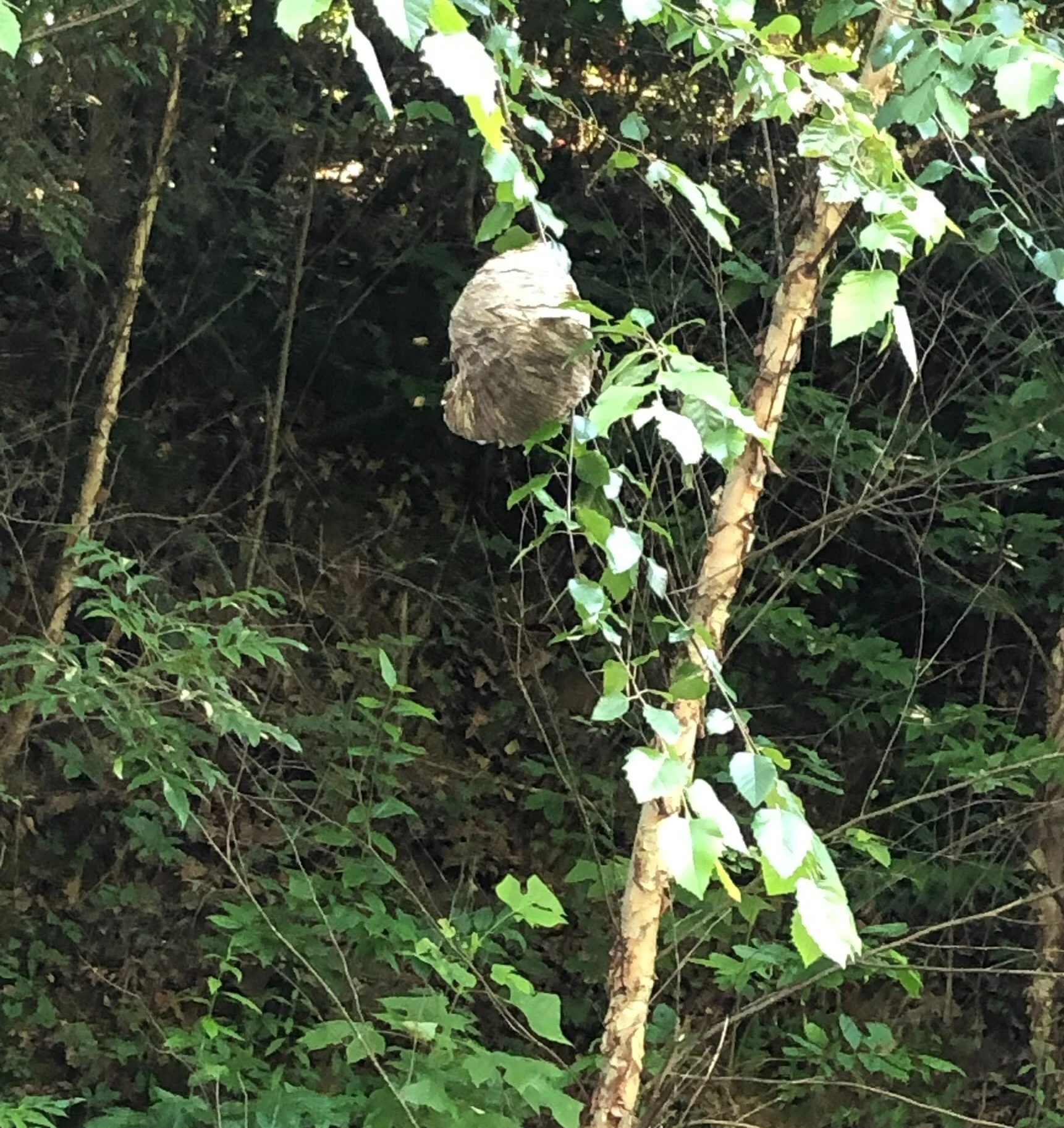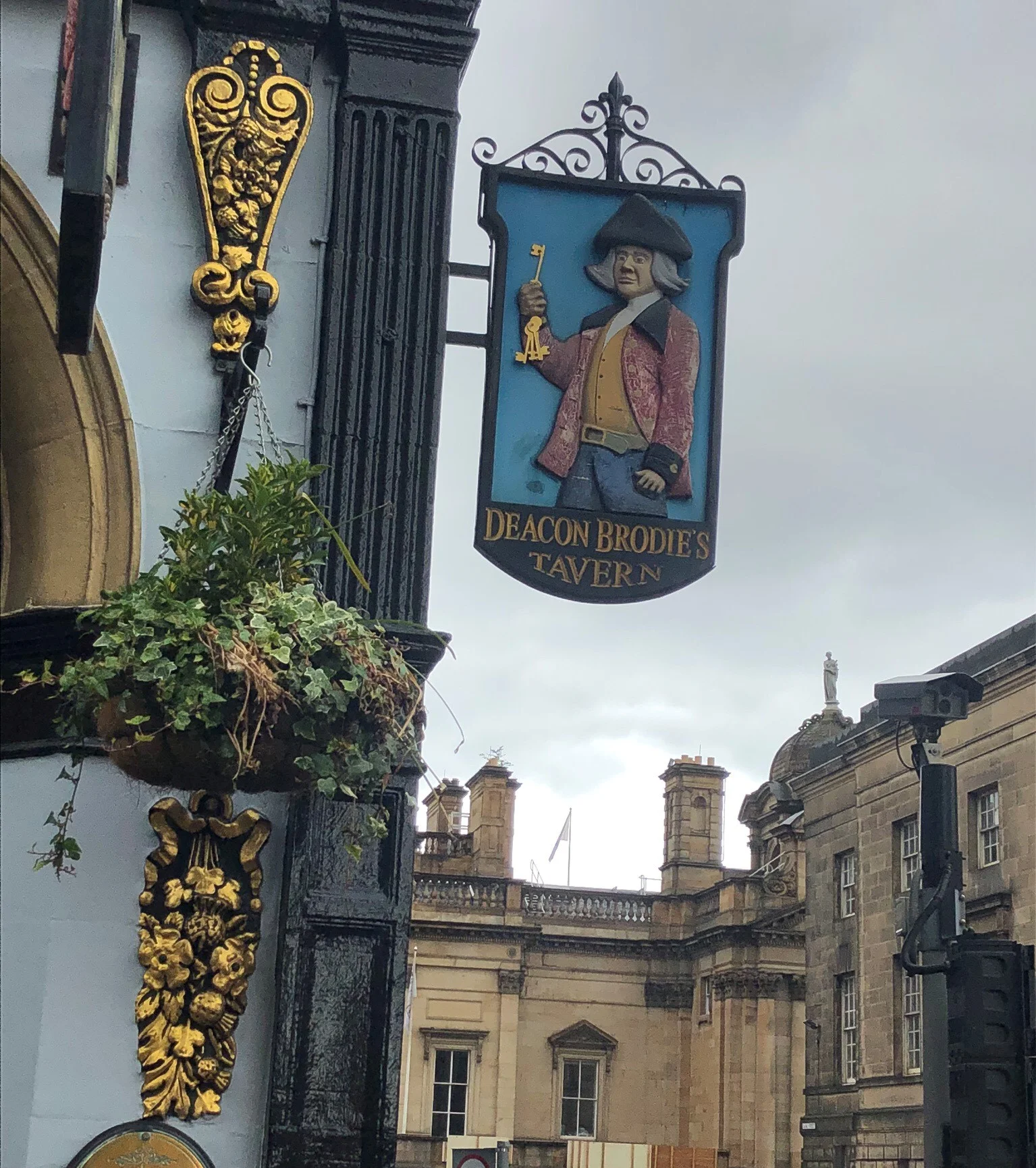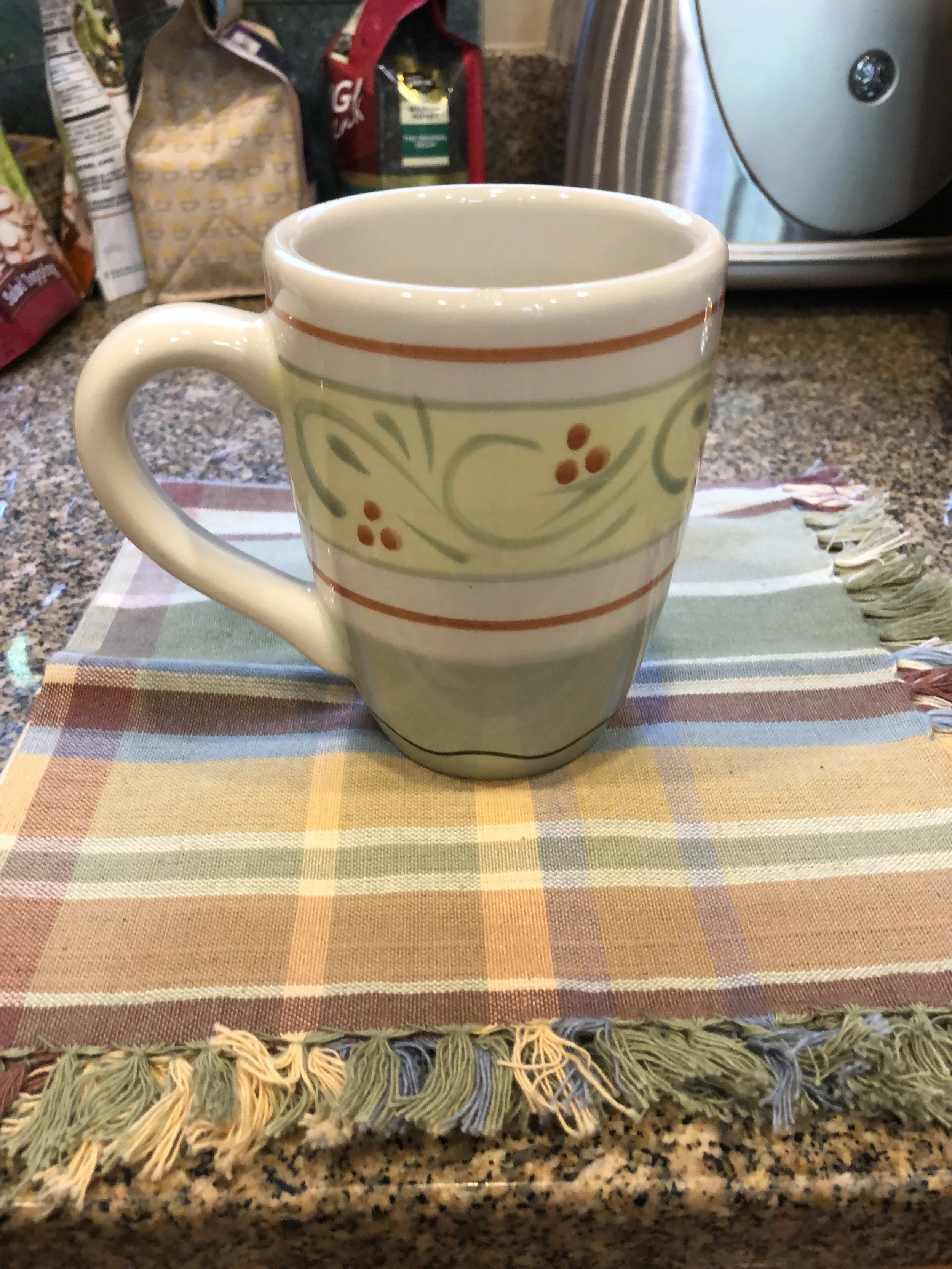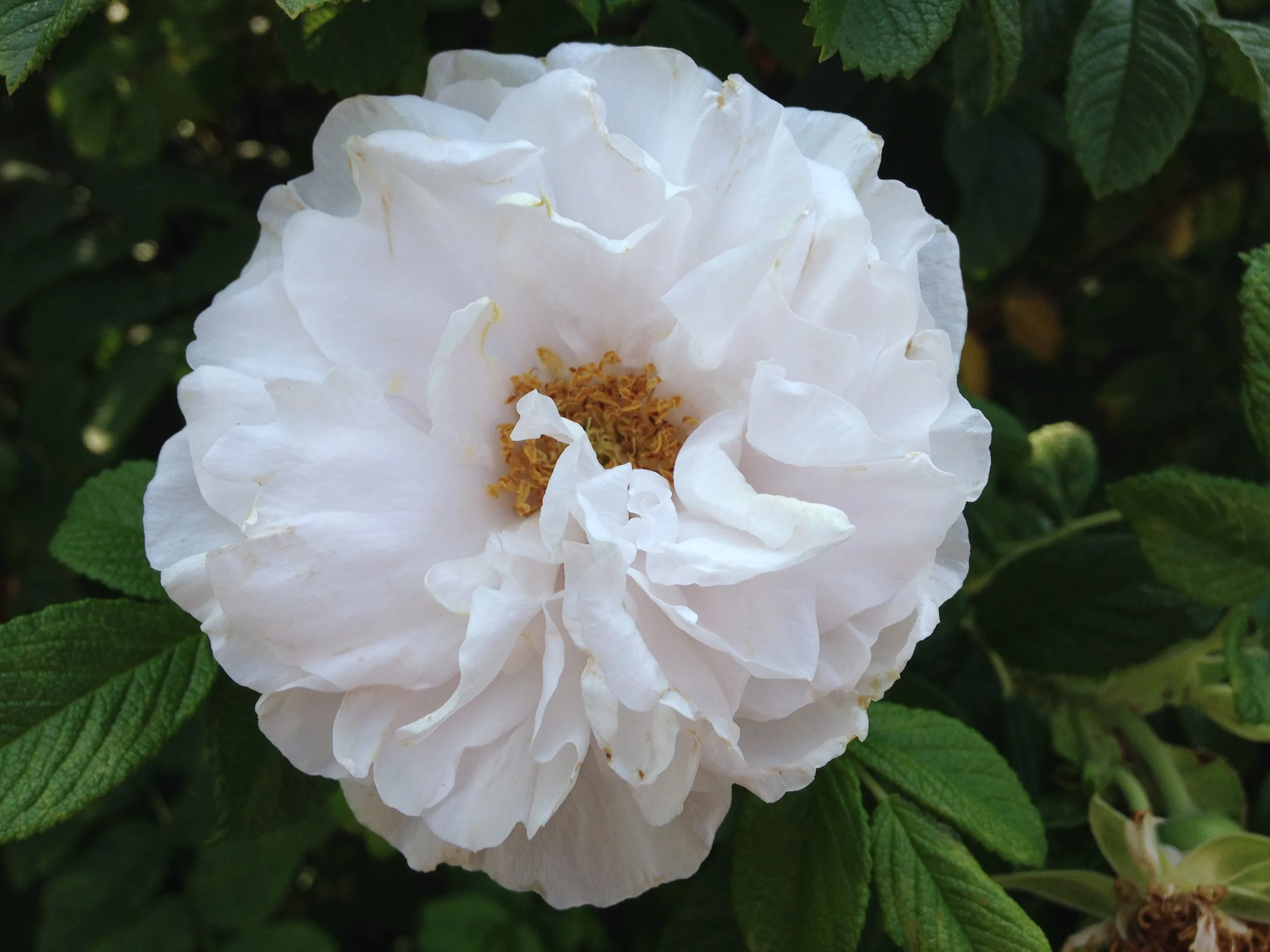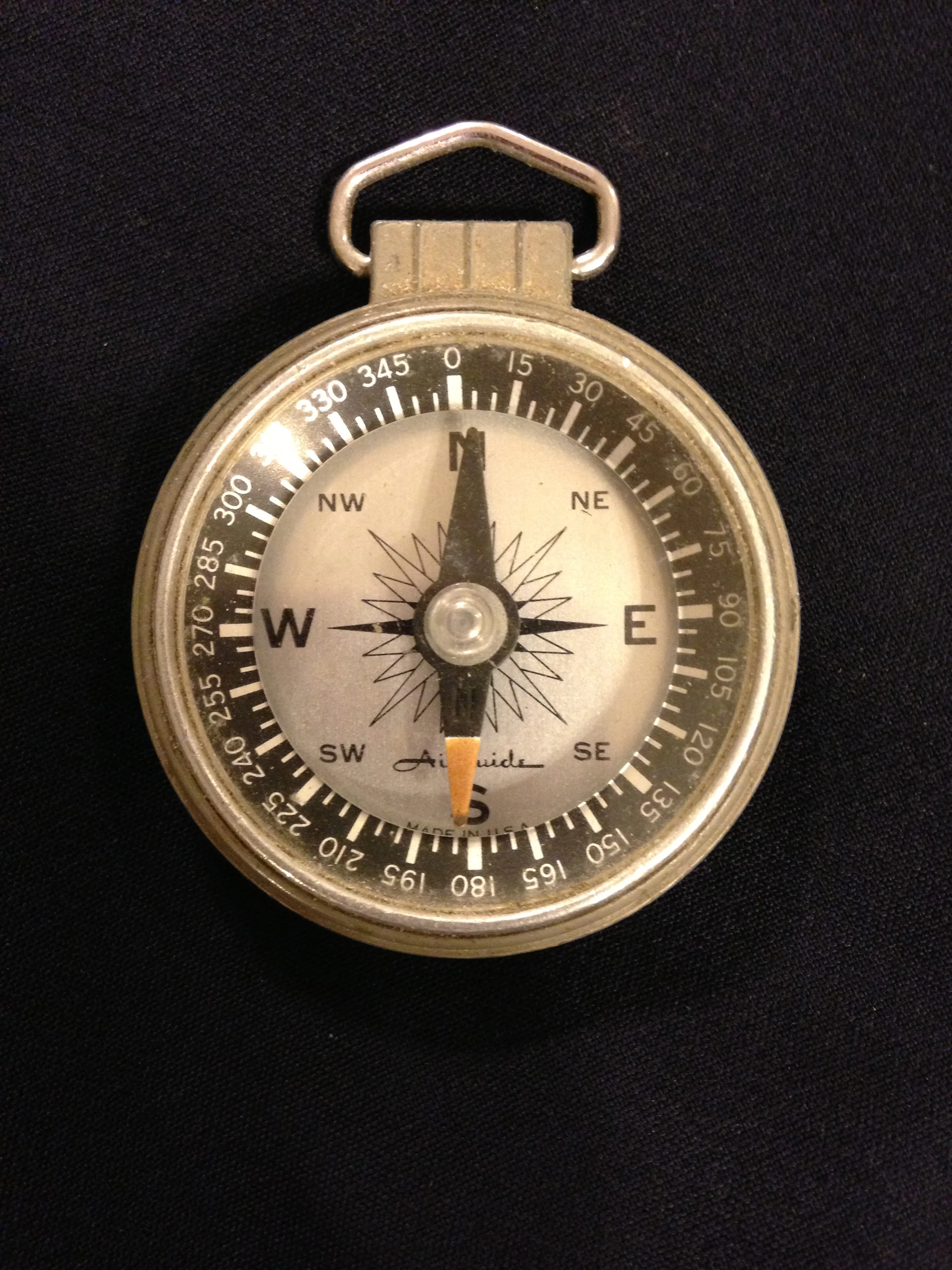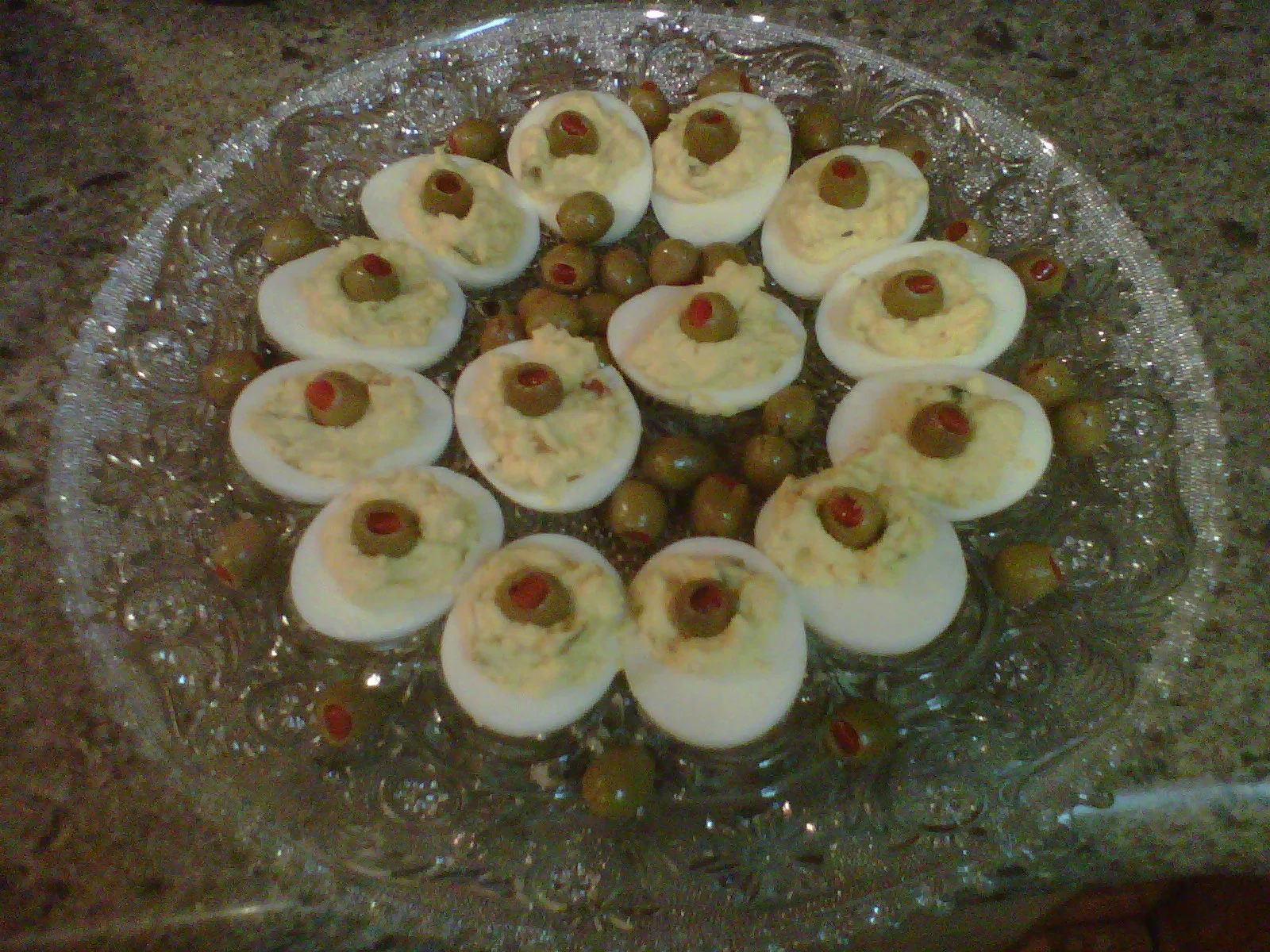Red, White, and Pink
A Chinaberry Summer Short Story
(Fiction, Of Course)
The sweet month of April dropped off the insurance company calendar in Gemma’s kitchen, and May slipped right down to take its place. The cooler, uncertain days of rainy April weather gave way to May’s warmer days and gentle breezes.
I was tired of being cold. It felt good to be able to warm up in the slanted rays of the morning sun. Even as afternoons turned into evenings, their warmth lingered for a while. Our front porch swing afforded me fine opportunities to think while I was serenaded by a multitude of different birds singing during the day and by the raucous sounds of frogs singing to one another in the night.
Early on Saturday afternoon I left my swing and carried my thoughts with me. As I walked across the grass near the chinaberry tree, bright sunshine spread its rays over the front lawn. I stopped for a moment, stretched out my arms, closed my eyes, and turned my face toward the sunlight. I imagined that I was a butterfly warming my wings before taking flight.
Chinaberry trees are beautiful, but not easy to climb. I turned my attention to the spreading, leafy branches of the mimosa tree and climbed up into my favorite perch. Then I began to think about Gemma’s calendar. What if months had a color? April would be yellow. Yellow for the jonquils, daffodils, and forsythia. For the glorious beds of yellow tulips and the fiery colors of native azaleas. And for the wafting clouds of pine tree pollen that set our runny noses to twitching and sneezing and brought on paroxysms of coughing every spring.
May would be green. For its birthstone, the emerald. For lilies of the valley and the trees’ tender foliage that changed from translucent green to deeper shades of jade. You know, the kind of leaves that actually provide shade and don’t leave you sitting outside to slowly roast in the Georgia sun.
April has Easter, but May has Mother’s Day. And every Southern daughter knows that she had better pause on that hallowed date and pay homage to the woman who brought her into the world. It’s a moment for – respect. It does not matter if the daughter is married and has children of her own. She must pause and remember from whence she came – specifically from whom she came.
Now it was always our family’s custom to wear a rose to church on Mother’s Day. We didn’t go out and buy expensive roses. Heavens, no. Biddie and I kept a sharp eye on Mama’s rose bushes in the front yard, and we held our breath, hoping that we would be able to find perfect red roses to pin on our Sunday dresses. The roses had to be red. Not the pink or white or yellow ones. No other color would do. Mama explained to us that we wore red because our mother was alive. Others whose mothers were not alive would wear white roses.
It so happened that the next day was Mother’s Day. Mama had a particularly vexing morning. She didn’t appear to be in a Mother’s Day mood at all as she fussed over breakfast and tried to make sure that we were all presentable for church. Even Daddy. I knew the day had started off wrong because Mama took two aspirins before we even left for church instead of after the service. I was certain that she sometimes didn’t have much religion left when we all finally presented ourselves at the kitchen door, dressed and ready to hop into the car for the short trip down the dirt road to Mount Olive Baptist Church. Today was no exception.
We hunted up straight pins and hurried outside to gather our red roses fresh off the thorny branches. We picked one for Daddy and an extra one for Spud in case Aunt Pearl thought it was foolish for him to wear one. We dodged the sharp thorns and smelled the sweet fragrance of the dewy blossoms.
And, of course, the Mother’s Day celebration didn’t end there. During our morning worship service, The Preacher recognized the oldest mother, the youngest mother, and the mother with the most children and grandchildren present in church. The youngest mother category was never a problem. The winner was too young to see the point in competing over childbirth. It was the other two categories that usually proved to be challenging. Most women, especially ones of a certain age, usually decline to reveal how many years they have been on this earth. So it was amazing how readily the older ladies stood up, looked around at each other, and shamelessly revealed their age, all with the hopes of winning a crystal glass candy dish from the five and ten cent store.
And the ones with the most children and grandchildren present. That was another interesting category. Aunt Pearl usually huffed a bit about that one. She knew she could never win that prize. It was impossible. Everyone knew that Miss Inez would win it, because she won it every year. What did she do with all those candy dishes? Aunt Pearl would have to set her sights on winning the competition for the oldest mother. She would simply have to hold on and live long enough to be older than most of the other ladies in the church and then outlive the older ones. That was possible. In fact, she was so contrary that it was very likely.
“Besides,” she grumbled later, “other women in the church besides Inez could win that award if they could just convince all their children and grandchildren to go to church on the same Sunday. If they even go to church at all.”
After all of the maternal recognition had ceased and each bright-eyed winner was clutching her dime store treasure, The Preacher started in on the sermon. It was about Gideon and the Midianites, which didn’t have a lick of anything to do with Mother’s Day. Why didn’t he hold on to that one for Father’s Day? Of course, it wasn’t long before he commenced to yelling. He somehow managed to yell even louder than usual when he shouted, “A sword for the Lord and for Gideon!” Now, truth be told, that used to be one of my favorite stories in the Old Testament, but The Preacher pretty much killed it for me.
After the morning service at last came to an end with the singing of “Amazing Grace” twice, the congregation escaped outside to the fresh air where we could fellowship for a few minutes in the churchyard and visit with Miss Inez’s relatives who only came to our church on Mother’s Day. The sun’s heat began to bear down on us. Our roses started to look wilted, and so did we. We hopped into our cars, with images of broken earthenware jars, torches, trumpets, and swords still dancing in our heads and with The Preacher’s lengthy sermon still ringing in our ears. After hearing about Gideon’s army lapping water like dogs, I was plenty thirsty for a big glass of iced sweet tea.
So it was on to Gemma’s house for Sunday dinner. She had outdone herself. Ham, potato salad, sweet potato casserole, sliced juicy tomatoes, corn, and green beans. She topped off the feast with a fresh chocolate pound cake.
It should’ve been a wonderful Mother’s Day celebration, but, of course, warm Sunday afternoons brought on naps, pesky mosquitoes, and visits by relatives, not necessarily in that order. The trick was to finish dinner, help Gemma with the dishes, and head home fast before any of the pests showed up. Relatives, not mosquitoes. Daddy escaped in time, but Mama wasn’t quick enough, so she had to hear all about Aunt Ida’s gallbladder surgery. We left as soon as we could, just as Aunt Georgia started telling Gemma all about her arthritis pain and her new false teeth.
When Mama, Biddie, and I stepped into our kitchen, dirty breakfast dishes were in the sink. In the living room, Daddy was lying sound asleep on the couch, snoring away, with the Sunday newspaper scattered on the floor. The television was blaring out some kind of golfing program. Daddy didn’t even play golf.
Mama looked at us and said, “You know, you should’ve picked pink roses this mornin’.”
We looked at her with puzzled expressions. “Why, Mama?” we both asked together.
“Because right about now, I’m half dead.”
And with that, she turned on her heels, marched out the back door, and headed to the woods without looking back. From what we could tell, she spent over an hour and a half sitting alone in my fort. We didn’t dare disturb her. Happy Mother’s Day, Mama.



